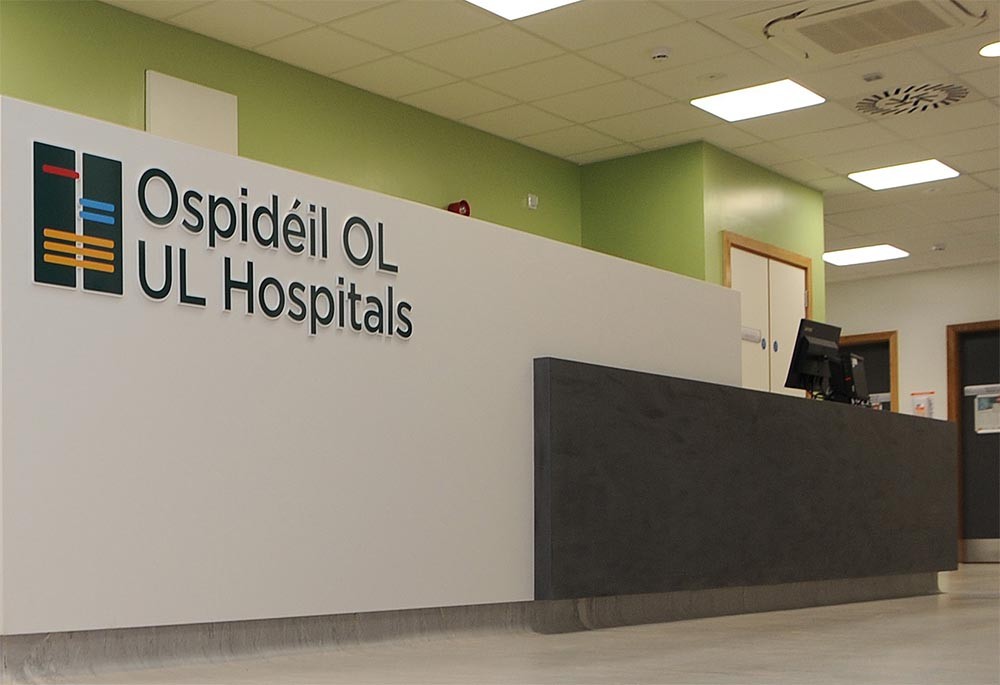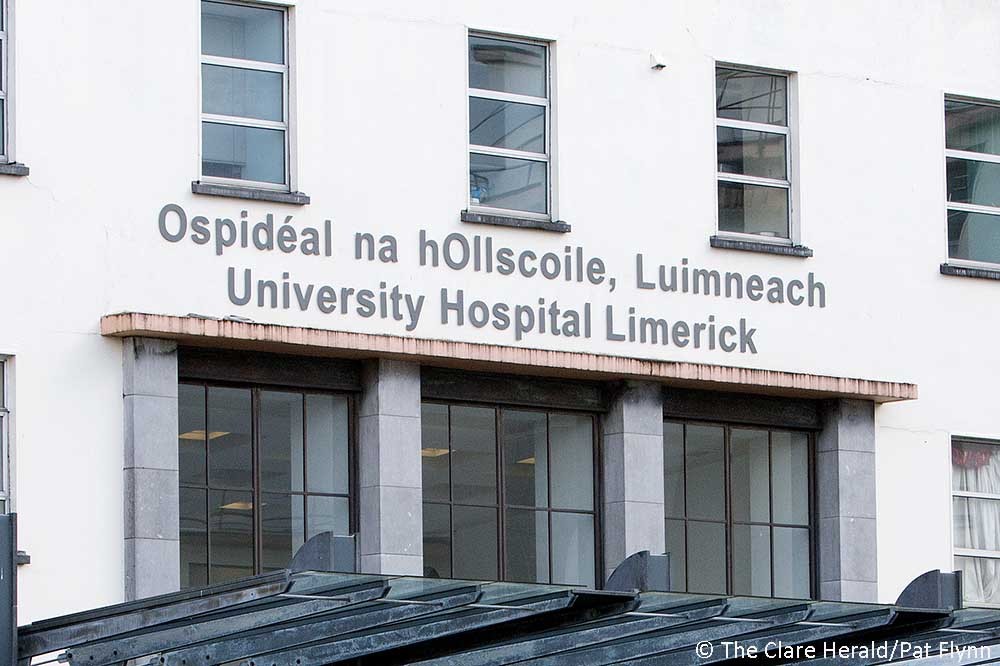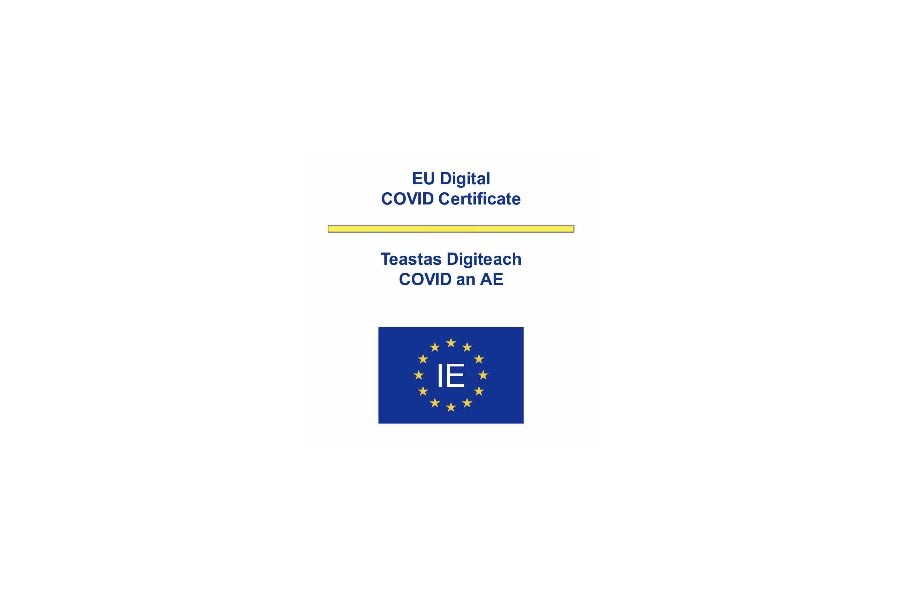
UL Hospitals Group is asking patients about their vaccination status when they attend our hospitals, particularly for unscheduled attendances at the Emergency Department in University Hospital Limerick, to help keep all patients and staff in our hospitals safe from COVID infection.
In line with the latest national guidance, patients are being asked about their status either before they attend for appointments, at the time of check-in or admission, or as soon as possible thereafter.
The EU Digital COVID Certificate issued by the Department of Health, which can be a paper copy or stored on your mobile phone, or the physical record card presented to you at vaccination, contains the dates of vaccination, number of doses, and vaccine type.
Providing this information at admission assists the hospital to manage patients according to the degree of immunisation they have from COVID-19. It also helps the hospital more safely manage patients who come into contact with a COVID-19 case in any of our hospitals.
It is now part of the national guidance on COVID-19 that information on the vaccination status of patients in acute hospitals is determined and recorded, either prior to admission or as soon as possible thereafter.
The key information—date of last vaccination dose; how many doses have been received; and type of vaccine—will be requested from the patient or, in the case of those patients unable to communicate the information themselves, from next of kin or a family member accompanying the patient to hospital.
All patients will receive care and treatment whatever their vaccination status. Knowledge of vaccination status enables safer management of patients, and assists with contact tracing either in the hospital or afterwards in the community, if a patient comes into contact with a COVID-19 case in any of our hospitals.
In addition, vaccination can be organised for inpatients who are unvaccinated or partially vaccinated, if they are eligible for vaccination and wish to avail of it during their hospital stay.

Barbara Slevin, Assistant Director of Nursing in Infection Prevention & Control in UL Hospitals Group, said the request for vaccination by hospitals was part of a ‘best practice’ approach to infection prevention during the pandemic that is already in evidence in wider society.
“People are already carrying their vaccination records with them, either the EU Digital COVID Certificate on their mobile phones, or the vaccination record card they would have received at their vaccination centres, and using that to access indoor dining and so on. This is very much a continuation of that. It’s best practice in infection prevention, and it’s all about ensuring that people are safe when attending hospital,” Ms Slevin said.
She added that it was important for those attending hospital with a patient to observe the COVID-19 public health protocols: “If you are accompanying a member of your family to hospital or appointments, please do not attend if you have been informed that you are a COVID contact, or if you have any COVID symptoms.”
The request by UL Hospitals Group for vaccination status prior to admission is set out in the national guidance document, ‘Acute Hospital Infection Prevention and Control Precautions for Possible or Confirmed COVID-19 in a Pandemic Setting’, which may be viewed here.
Knowledge of patients’ vaccination status has assumed greater importance in recent months, in light of the prevalence in our communities of the contagious Delta variant of SARS-CoV-2, and the threat that COVID-19 continues to present to hospitals and other public healthcare facilities.
Information on patients’ vaccination status will be treated in the strictest confidence, in line with the ethical obligation on UL Hospitals Group to protect the confidentiality of all patients in our care, which is also a legal requirement as defined in the General Data Protection Regulation (GDPR) along with the Data Protection Acts 1988-2018.
